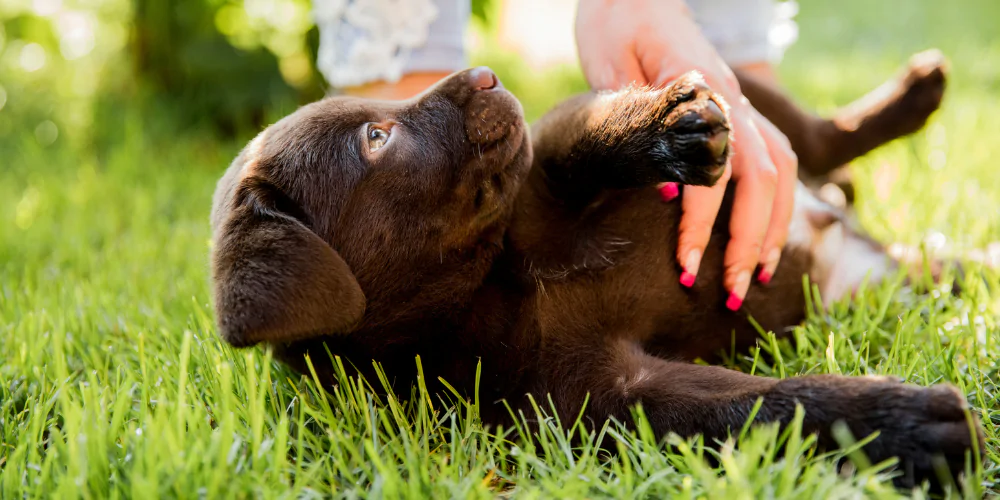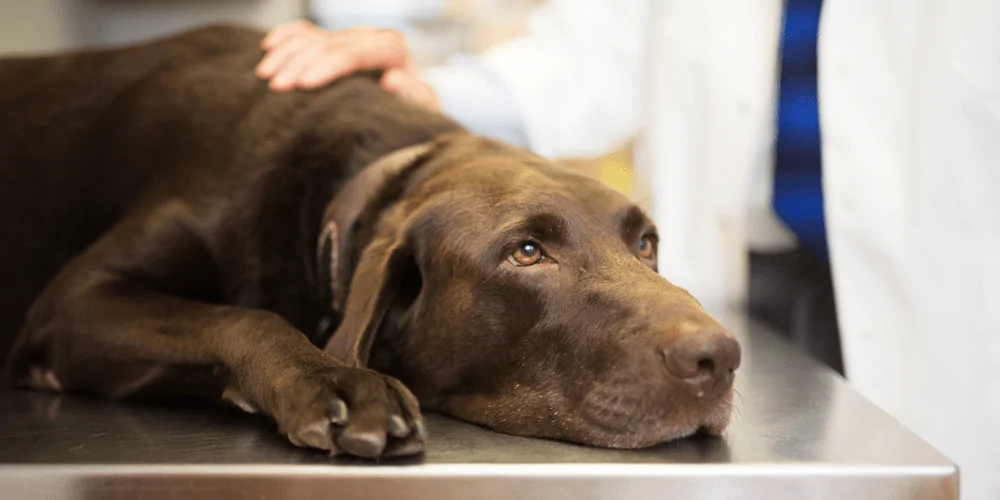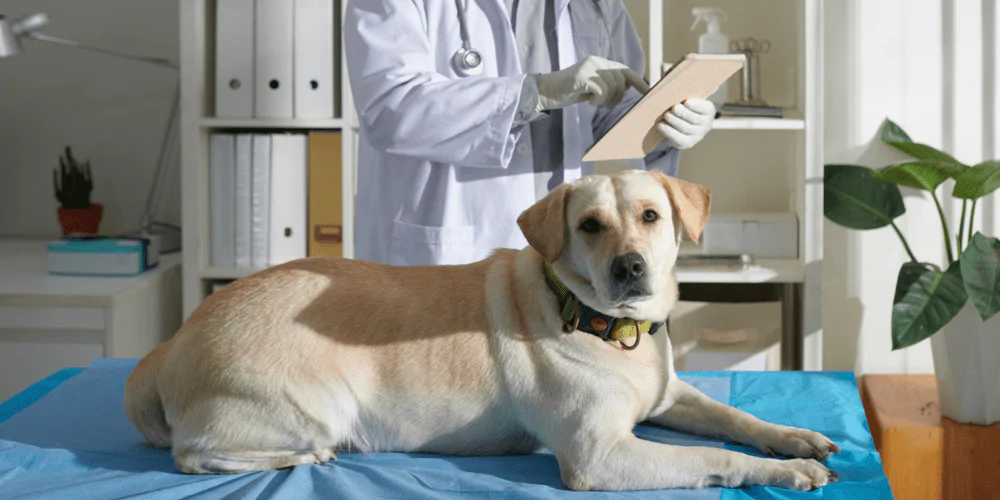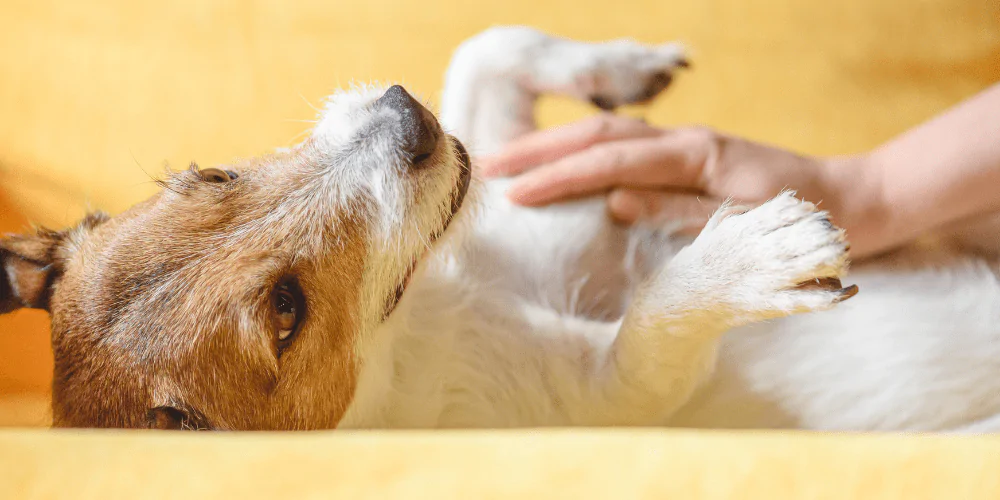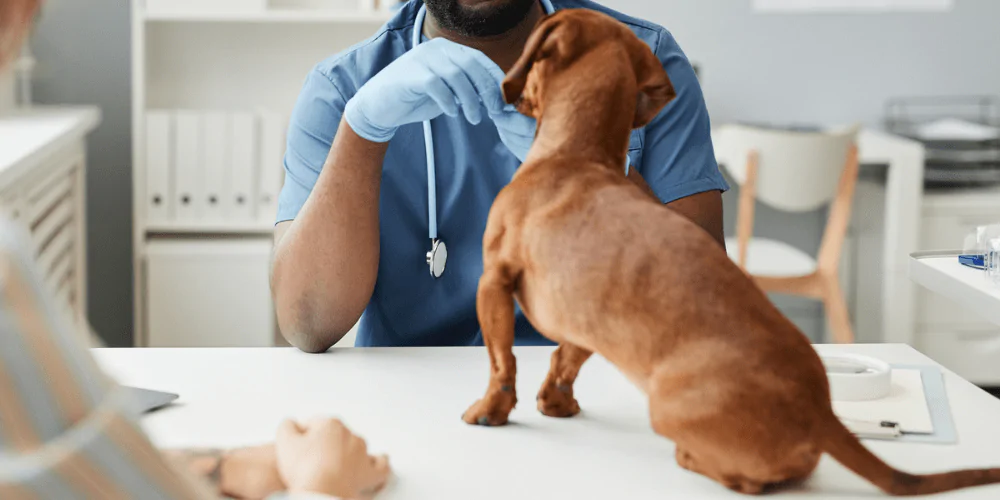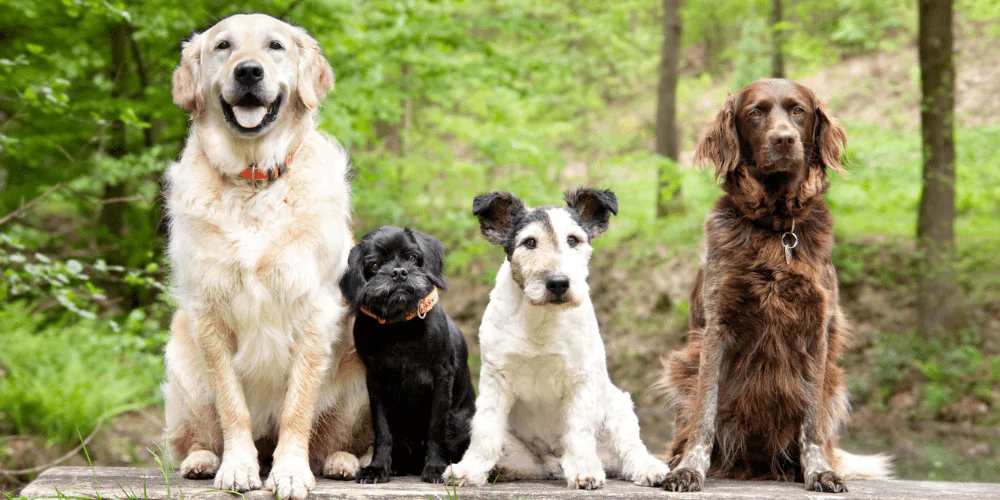Treatment options your vet may recommend for your dog’s gastroenteritis include:
- a period of fasting or change in your dog’s diet
- a fluid drip to keep them hydrated
- anti-sickness medication (if appropriate)
- antibiotics (if bacteria is the cause)
- gastrointestinal protectants
- parasite medication (if parasite infection is the cause)
You may be able to care for your dog at home if they have milder vomiting or diarrhoea but are otherwise bright and happy. At-home care can include:
- smaller meals more frequently throughout the day
- a bland diet (ask your vet for guidance)
- lots of fresh clean water
- plenty of calm and quiet rest time
- a slow reintroduction to their normal food
If you’re at all worried about your dog or they’re declining quickly, bring them in to see the vet.
Prognosis
Most cases of gastroenteritis clear up within a few days, but it’s important to monitor your dog’s recovery
Always bring your dog to the vet if they’re not improving or show signs of getting worse. A vet can check for other problems using:
- x-rays
- ultrasounds
- blood tests
- urinalysis
- stool samples




